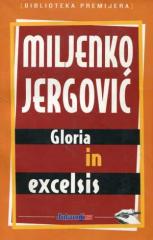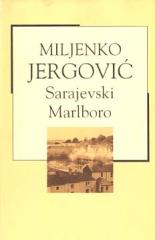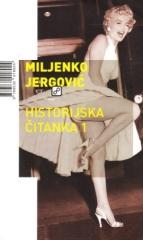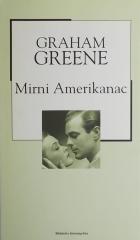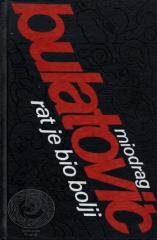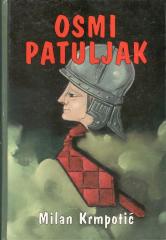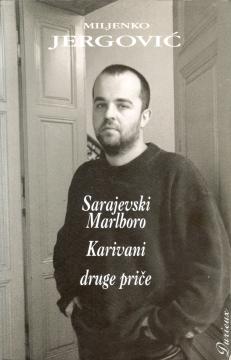
Sarajevski Marlboro / Karivani / Druge priče, 1992–1996
Along with the reissues of "Sarajevo Marlboro" and "Karivan", the book also contains a new cycle of stories by this author. These stories vividly portray characters, "little" people, witnesses of "big" history, and seemingly insignificant, but for them pi
In the collection Sarajevo Marlboro / Karivani / Druge priče, 1992–1996, Miljenko Jergović brings a series of short stories that depict the everyday life of the inhabitants of Sarajevo during the war. Through a minimalist style and restrained emotions, the author depicts the reality of war without pathos, focusing on small details that reflect human resilience and the complexity of life in extreme conditions.
The stories do not divide characters into good and evil, but rather present nuanced portraits of people faced with the challenges of war. Elements such as a withered cactus, a grandmother's ring, or Marlboro cigarettes become symbols of everyday tragedies and losses. Jergović uses the war as a backdrop to explore the characters' inner states, often emphasizing how ordinary objects and situations take on new meaning in the context of war.
The collection has gained international recognition, has been translated into many languages, and has been awarded prestigious awards such as the Ksaver Šandor Gjalski Award and the Friedenspreis Erich-Maria Remarque. Sarajevo Marlboro is considered one of the key works of so-called realistic prose in Croatian literature, and it has made Jergović a prominent voice of a generation marked by war experience.
One copy is available
